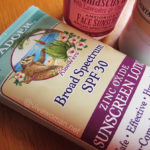
Does your sunscreen contain nanoparticles?
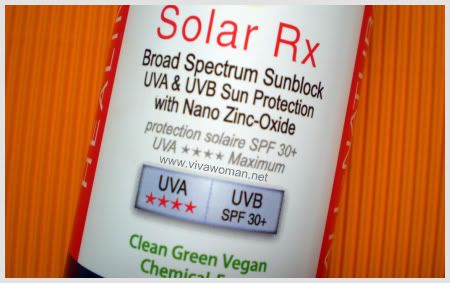
And more importantly, do you know?
The regular sunscreen I’m using, Keys Solar Rx SPF30+, contains nano zinc oxide. I’ve been using it with a clear knowledge that there are some controversy regarding their safety level and despite having written that skincare containing such ingredients should be avoided. I know I am shooting myself in the foot but well, I can’t make up my mind especially since nothing conclusive has been reached about their safety. But at the least, I know what it contains because apparently, some sunscreens makers haven’t been as truthful.
Is your sunscreen on the list?
Nanoparticles in mineral-based sunscreens are more widespread than it appears to be according to this report sunscreen particles prove to be big issue. According to the report, Consumer Reports commissioned tests of five brands of sunscreen that company representatives stated did not contain nano-size particles of titanium dioxide or zinc oxide. Four of them, all labeled natural or organic, actually did contain nanoparticles and these are:
– Aubrey Organics Natural Sun SPF 25 Green Tea Protective Sunscreen
– Badger SPF 30 Sunscreen
– Kiss My Face SPF 30+ Sun Screen with oat protein complex
– Mexitan SPF 30 Sunscreen
So if any of you are using these sunscreens and are not aware of the nano-ingredients, now you know. Actually I’m kind of surprised that Badger SPF30 Sunscreen is on the list because I remember the product does leave a bit of white residue upon application. If it contains nanoparticles of zinc oxide, then it should be entirely clear when rubbed on the skin.
What’s wrong with nanoparticles in sunscreen?
While the advantage is that they are great cosmetically, lab studies indicated that nano-ingredients in sunscreen create free radicals that damage the DNA of cells, and even low exposure to nanoparticles of titanium dioxide can damage the lungs of animals if inhaled. However, for them to pose direct health risks to humans, they have to penetrate the protective outer layers of dead skin and studies suggest they don’t reach live tissue under normal circumstances.
But if you’re someone with sensitive skin or acne-proned skin, then you want to be careful because the same article quoted Kristen Kulinowski, director of the International Council on Nanotechnology as saying that “It’s not known whether skin damaged by acne, eczema, sunburn, or nicks from shaving is more vulnerable to penetration.”
So to use sunscreens with nanoparticles or not, you have to decide for yourself. However, it isn’t fair if you do not even know what it really contains in the first place.
Comments
Leave a Reply
You must be logged in to post a comment.

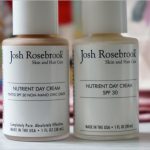
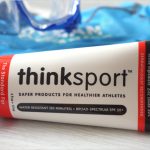











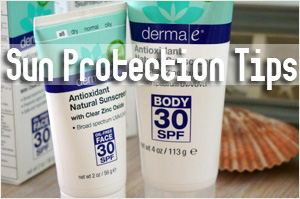
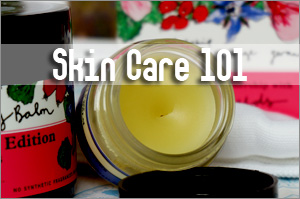

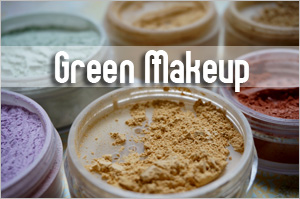
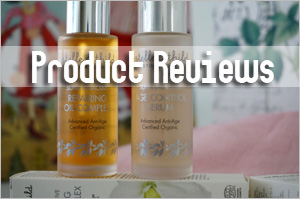

I’d read about nano particles being bad so I usually steer clear of skincare with nano in its name. I’m not familiar with the names of sunscreen you mentioned but its good to bear in mind. Thanks!
ParisB: I’m torned. I love zinc oxide but I hate it when it makes me all white. So I’m using one with nano zinc oxide. But I’m comforted on the grounds that they’re all saying it shouldn’t create harm under normal circumstances.
i am just going to taje the chance… haiz… nothing is 100% safe.
Faeryberry: Yeah, that’s why it all depends on our threshold.
Here is some info on nanotech in makeup, which is a health hazard for teens and women and highly not recommended, even in ‘mineral’ makeups. http://www.ewg.org/node/27312
This one is a rather long research on nano tech in sunscreen, from my conclusion, it depends on the brand and how much of the nano tech is involved, equivalent to russian roulette. Do avoid ‘mineral’ based sun-screen. Link.
cowsandlemonade: Yeah, it’s not recommended for mineral makeup. The breathing of it is a danger for our lungs. I will need to give more thoughts about continuing with the sunscreen once it runs out but I won’t avoid mineral sunscreens as of now since not all of them contains nano-ingredients.
Thank you for providing a forum in which to discuss this important topic!
Badger Jentri: Hey, you’re welcome! I’ve been contemplating putting up your comments as a separate entry but I got carried away with some other information. I will review and see if I can give it more highlight because you have raised some interesting and useful pointers.
I guess I’m comfused now. If Badger is saying they use micronized zinc, then that shouldn’t be termed a nanoparticle from what has been mentioned in this afformentioned information. If a nano is measured in nanometers and microns are considered to be larger than a nanoparticle, they why is is being stated that micronized is a nanoparticle?
It was reported they had contain nanoparticle but Badger later clarified it does not.
No, what Badger said above is that they do include nanoparticles – which are defined as being sized between 1 and 100 nanometers – because their zinc oxide includes particles down to 70 nm. That is why they address the issue of nanoparticle safety in such detail.
Euh êtes vous certain de ce que vous nous écrivez ??
Christina last post is: Christina
Thanks for a good read!
Entire impact of nanoparticles in human body is still unknown but we already know enough to be reasonably sure that it wont hurt you. If you are interested in different nano-materials, maybe you can visit this site. Its full of interesting info.
Nice post, thanks ?
Question of health with nano-materials is kinda tricky. It can be potentionaly very dangerous to have nano particles getting freely into your blood and cels. On the other hand most nanomaterials so far works wonders in your blood stream, like this called fullerene. Its amazing anti-oxidant.